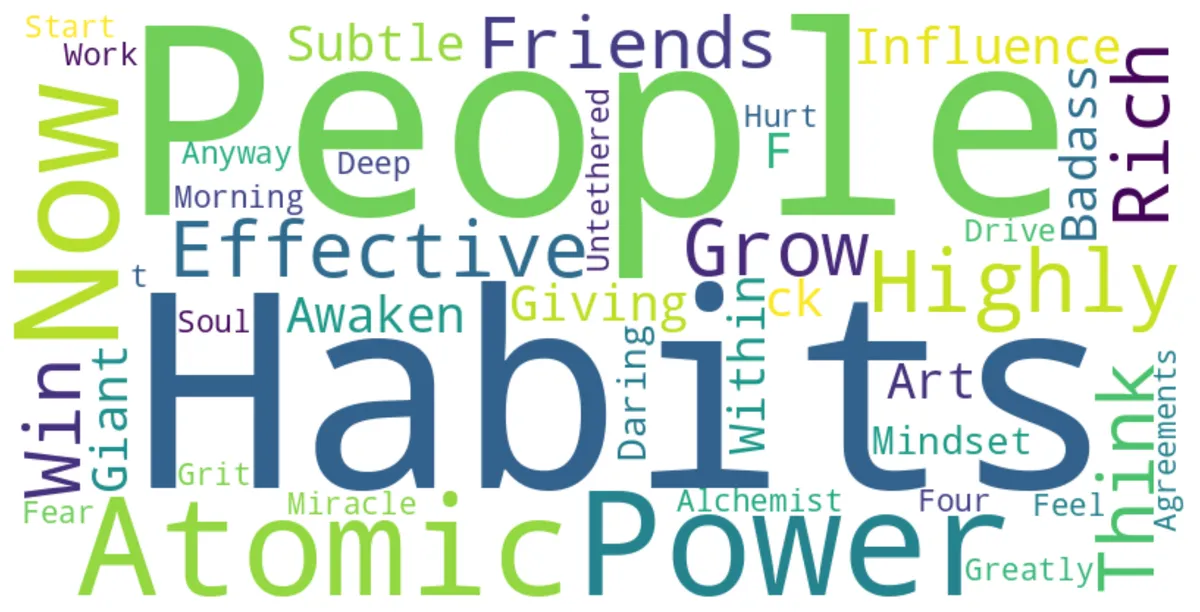🌀 Self-Help Reductionism: Choosing Long Term over Short Term
Self-help advice is everywhere.
“Wake up at 5 AM.”
“Just be consistent.”
“Discipline over motivation.”
And while a lot of it is valuable, there’s one problem:
👉 It’s often oversimplified — and that can be misleading.
🎯 The Promise of Simple Formulas
We love easy answers.
Why? Because complexity is uncomfortable. It feels good to reduce success into a single rule like:
“If you do this, you’ll get that.”
But here’s the catch — achieving anything meaningful isn’t that simple.
Especially when you think long term.
🕒 The Short Term Mindset
In the short term, hacks work:
- Morning routines give you momentum.
- Streak apps build habits.
- Motivation videos push you through a tough day. These are like sugar boosts — instant energy, short-lived results.
🌱 The Long Term Reality
To truly grow, you need more than a quote or a hack.
You need:
- Patience through plateaus
- Resilience when things break
- Self-awareness to adjust your approach
- A system that survives bad days
None of that fits in a catchy headline.
⚖️ So, What’s the Balance?
It’s okay to start with simple advice. In fact, you should. Simplicity helps you start.
But eventually, you’ll outgrow the one-liners. You’ll realize that success lives in the nuance:
- It’s not just about working hard — it’s about working right.
- It’s not about daily habits — it’s about sustainable systems.
- It’s not about consistency — it’s about direction.
🧭 Final Thought
Self-help isn’t wrong — it’s just incomplete.
The trick is to:
Start simple (short term thinking)
Then evolve your mindset (long term adaptation)
Because anything truly worthwhile takes time, depth, and iteration.
Don’t just reduce success to one trick. Instead, build the mental range to zoom in and out.
That’s how real growth happens.


Subscribe to the blog
Life of PI Square